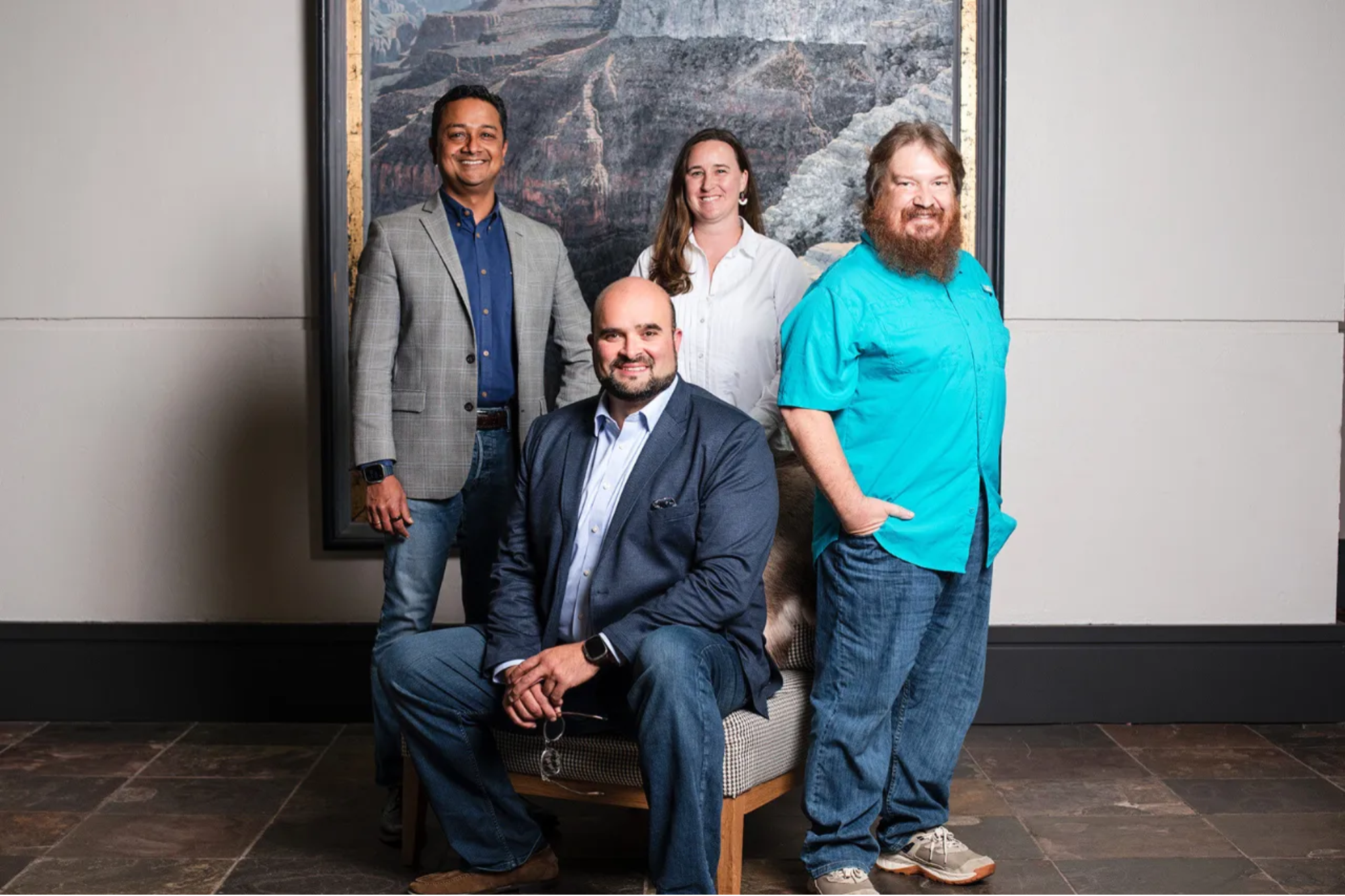Art And Science Of Due Diligence Of Startups A rigorous due diligence followed by your gut is all that will help you in your quest to be a part of the fastest growing startup ecosystem in the world
By Mitesh Shah
Opinions expressed by Entrepreneur contributors are their own.
You're reading Entrepreneur India, an international franchise of Entrepreneur Media.

Ever wondered how startup investment decisions are made and what are the techniques used by investors to anchor the decision? The term due diligence (DD) is an all-encompassing word for review performed to evaluate the business viability of a startup. It is both: science and art! The due diligence of a startup forms the foundation for the investors to put their belief in the startups with their time and money. A startup which has proved itself over a strong due diligence process is bound to be unshakable during times of distress, hence keeping faith of the investors intact. This is where the importance of a thorough and robust DD comes into picture.
Traditional DD approach
The traditional approach of performing a DD is mostly limited to financial and legal due diligence consisting of steps from financial projections to the startup's cap-table. While the traditional approach to DD neither involved investors into the process nor provided them with deep insights. Let's look at the traditional approach to DD:
Financial DD: previous earnings, financial projections, cash inflow generators and outflow avenues, working capital cycle, management information system and control environment, commitments and contingent liabilities including tax litigations.
Legal DD: company incorporation certificate & other statutory docs, memorandum and articles of association, startup registration certificate, last round SHA & SSA & addendum thereto in force, last valuation report & current cap table.
The new and evolved DD process
The newer methods of DD ensure both qualitative and quantitative analysis of the startup, to ensure that it's well prepared from all sides. Below are the various aspects which are taken into consideration during the DD, so that a 360-degree review of the startup can be done, helping the investors with detailed inputs to help them decide on their investments.
- Preliminary Screening: Initial shortlisting
- Business Diligence: Detailed insights into the inherent strength and potential of business
- Legal Diligence: Legal & Secretarial Governance
- Regulatory Diligence: Compliance and Major Laws
- Financial Diligence: Financial history and projections
Business Due Diligence is the area which helps in knowing the business to the core, hence becomes the most important part of the process. It involves taking care of market size, demand & supply analysis, competitive landscape, business model & unit economics, funding history and the product/service.
Though, Regulatory Due Diligence is the newest aspect which has joined the structure recently. It can be considered as a subset of Legal DD and is in business with limits of the regulatory requirement of the startup. A few startups led to the innovation of this policy, owing to their innovative nature of the business (at the time of their inception). A few such startups are Pharmeasy (E-Pharmacy regulation), Ola Cabs & BluSmart (lack of regulations to control the cab aggregators market previously).
ShareHolders' Agreement (SHA):
During the process of DD, ShareHolders' Agreement (SHA) holds an important place. An SHA sets out the relationship between the company & its shareholders. It is revised for all shareholders after each round of funding. It gives more insights into:
- Anti-dilution rights: Used to protect investors in the event a company issues equity at a lower valuation than in previous financing rounds.
- Pre-emptive rights: An investor can choose to purchase enough shares in the fresh issue to maintain his shareholding percentage. This protects the quantum of the investor's shareholding in the company.
- Tag Along right: Right of a continuing shareholder to "tag" along with the transferring shareholder and require the third party to buy its shares on the same terms and conditions.
- Drag Along right: Enables a majority shareholder to force a minority shareholder to join in the sale of the company.
- Right of First Offer / Refusal: In a ROFO, shares are first offered to the other shareholders who offers a specific price, whereas in a ROFR - a third party buyer first makes an offer for the shares and benchmarks the price.
- Information right: Typically required by VCs, Information Rights grant the right to certain company information following the investment – such as performance metrics, financials, etc.
Despite thorough diligence, it is always possible that deficiencies occur but these can be circumvented through Share Subscription Agreements (SSA) wherein the founder documents to indemnify the investors against the losses that might occur.
A startup founder should be prudent, confident, comprehensive and passionate. With these qualities, he/she can lead the idea successfully, preparing a good ground for the investors and angel investing platforms to perform due diligence and keeping the people together, for they are the most integral part of a startup.
Startup Investing is easy when due diligence is thorough. A rigorous due diligence followed by your gut is all that will help you in your quest to be a part of the fastest growing startup ecosystem in the world.











